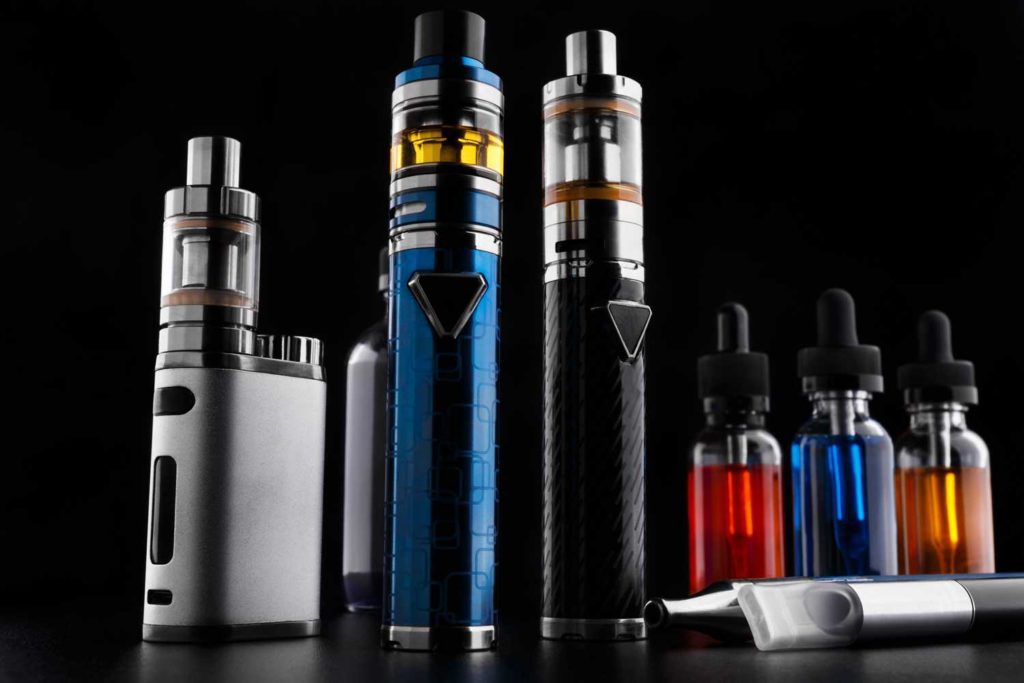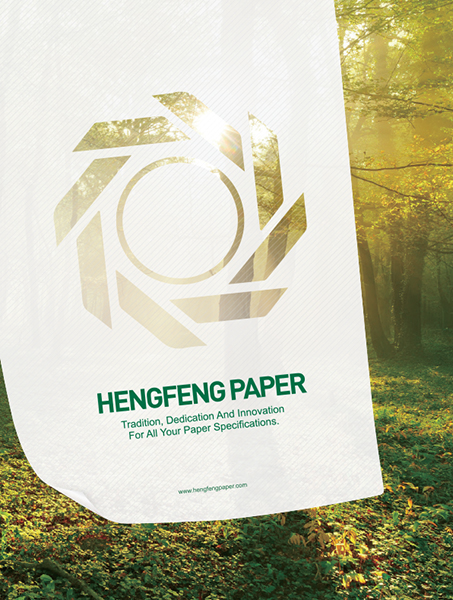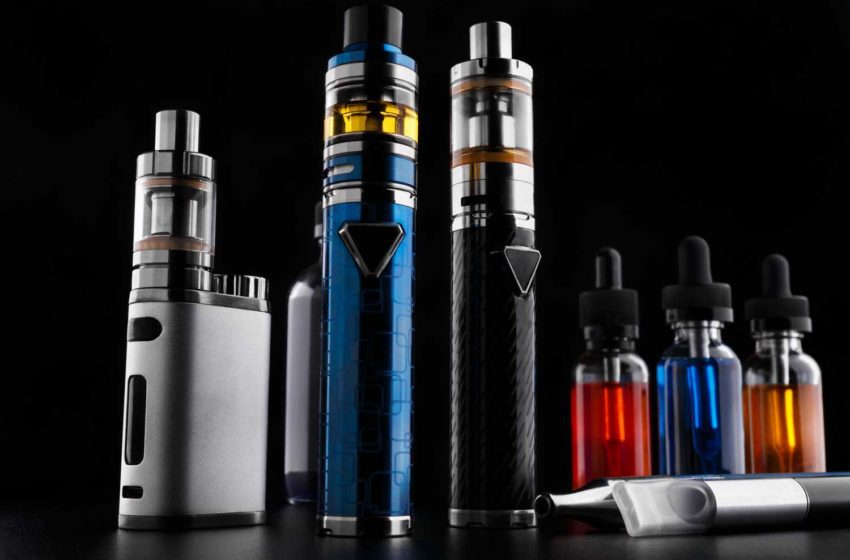
Uncertainty lingers about the future for vaping as the FDA decides the fate of the remaining marketing applications.
By Stefanie Rossel
Two months after the Sept. 9, 2021, deadline for the U.S. Food and Drug Administration to determine the fate of millions of premarket tobacco product applications (PMTAs), uncertainty continues to prevail, and the fate of e-liquids with flavors other than tobacco remains unclear. The agency’s approach to e-cigarette regulation to date, alternatingly labeled a “fiasco” or “bureaucratic chaos” by critics, suggests that the U.S. may be heading toward a de facto ban of all nontobacco flavors.
The 2009 Tobacco Control Act (TCA) gave the FDA authority to regulate cigarettes, smokeless tobacco, cigarette tobacco and roll-your-own tobacco. The “deeming rule” of Aug. 8, 2016, extended the agency’s authority to electronic nicotine-delivery systems (ENDS), cigars, pipe tobacco, nicotine gels and hookah tobacco. As a result, deemed products are now subject to all TCA rules, including the requirement that any new tobacco product must receive premarket authorization from the FDA to be legally marketed.
Following litigation by anti-tobacco groups, a court set the deadline for manufacturers to submit their applications by Sept. 9, 2020, and gave the agency one year to decide on them. The time frame presented a daunting challenge to the chronically understaffed agency. The FDA received more than 6.5 million marketing applications for newly deemed tobacco products alone. At press time, the agency had acted on more than 98 percent of these applications. Its actions included refuse-to-accept letters to more than 200,000 applications, a refuse to file order for approximately 4.5 million products submitted by a single company and marketing denial orders (MDOs) for more than 1 million nontobacco-flavored ENDS. Only three new tobacco products received marketing granted orders. The FDA still needs to rule on applications covering about 80,000 products, including those submitted by market leaders such as Juul and NJOY.

Retroactive Change of Requirements
Most of the MDOs were directed at vape products with flavors other than tobacco, including menthol. The manufacturers, the agency claimed in its MDO letters, had failed to provide sufficient evidence that their nontobacco-flavored products deliver a net public health benefit for adult smokers compared with the “threat posed by the well-documented, alarming levels of youth use” of flavored vapes through either a randomized controlled trial in which a specific group of people is examined through intervals of time, or a longitudinal cohort study, which tracks large groups of people over an extended period of time.
“It appears that the FDA is planning to significantly hobble the vaping category and thus protect lethal cigarettes from what is perhaps the greatest threat that business has ever faced,” says David Sweanor, adjunct professor of law at the University of Ottawa. “But how far this succeeds depends on many factors, not least what the courts will say about the process.”
The requirement is now part of the PMTA rules, which the agency finalized in October 2021, and which took effect in November. However, it had not been in the original guidance for PMTA applications, according to critics.
For most smaller vape manufacturers, the FDA’s ruling has meant the end of their business activities. “Like most vape companies, we cannot remain financially viable with only two [tobacco-flavored] products, and we will most certainly be forced to close our business after eleven years,” California-based Kai’s Virgin Vapor states on its website.

Temporary Stays Granted
Others have taken legal action. Arguing that the FDA moved the goalpost by retroactively changing the PMTA requirements, MDO recipients filed more than 40 petitions for review and stay on the grounds that the FDA had acted in an “arbitrary and capricious manner.” At the time of writing, at least five companies had been granted a temporary stay either by the FDA or the courts, and their products were back under review.
Among them was Turning Point Brands, which may now continue to market its vapor products while its PMTAs are being reassessed. “We’re encouraged that the agency has acknowledged the robust nature of our PMTAs for a wide range of tobacco, menthol and other flavored vapor products,” Paul Blair, vice president of government affairs at Turning Point Brands, told Tobacco Reporter. “These open system e-liquids, sold predominantly in vape shops across the U.S., play an important role in providing reduced-risk options to more than 30 million adult smokers who may be looking for alternatives to combustible cigarettes. It is our hope that at the end of the PMTA review process, the agency will preserve the important off-ramp from cigarettes to a wide range of vapor products used by adults. Preserving these options will ensure that the diverse vapor marketplace can help ultimately achieve a more significant reduction in smoking rates across the U.S.”
“The cases look strong,” Sweanor states. “Administrative bodies, like referees in sporting competitions, are challenged when they seek to change the rules mid-game. This is supposed to be an example of transparent rule-making in a democratic society. There is also a history, in the U.S. and globally, of vaping companies using the courts to overturn laws and administrative rulings that have overly restricted their products and marketing.”
However, a second review does not guarantee that the products will receive authorization. Critics fear that manufacturers who have received an MDO will continue to appeal the decisions to maximize the time to sell their products. THR advocates hope that legal challenges will force the FDA to make more careful decisions.
Uncertain Future for Flavors
There are many indications that the era of nontobacco vapor flavors is coming to an end in the U.S. After bombarding the vapor business with MDOs, the FDA on Oct. 12 approved R.J. Reynolds Vapor Co.’s Vuse Solo and accompanying tobacco-flavored e-liquid pods—the first-ever marketing granted order for an e-cigarette.
Tobacco harm reduction advocates received the news with mixed feelings. While welcoming the agency’s acknowledgement that vape products can help adult smokers to quit cigarettes, they were disappointed that the order pertained to an outdated device with few users. Furthermore, while authorizing two Vuse tobacco-flavored e-liquid pods, the agency issued 10 MDOs for Vuse Solo nontobacco-flavored pods, claiming that Reynolds failed to demonstrate they were appropriate for the protection of public health.
The agency is still evaluating Reynolds’ application for menthol-flavored products under the Vuse Solo brand. Menthol is another bone of contention: In late April, the FDA announced that it would initiate a notice and comment rule-making process to ban menthol-flavored cigarettes and all characterizing flavors in cigars and cigarillos within the next year. Vape manufacturers are hence unsure of whether their mentholated products will remain on the market.

Sloppy Assessment
In its denial of providing marketing authorization to nontobacco-flavored e-liquids, the FDA referred to the most recent National Youth Tobacco Survey (NYTS), arguing the study had shown that among the estimated 2 million middle school and high school students that were using e-cigarettes in 2021, more than eight in 10 were using nontobacco-flavored vape products. It did not mention that, according to the same study, the use of e-cigarette among youths has more than halved over the past two years, from 27.5 percent in 2019 to 11.3 percent currently.
Critics have accused the FDA of being “obsessed with youth vaping rates and flavors.” The online publication Filter revealed that, in order to cope with the unprecedented flood of PMTA submissions before the court-ordered deadline, the FDA relied on a database query to identify the top-12 manufacturers with the largest number of pending PMTAs for nontobacco-flavored e-liquid products not in the third of three FDA review phases.
This approach allowed the agency to filter out 85 percent of all pending PMTA applications. It then introduced, apparently for the first time, a “fatal flaw” standard. The fatal flaw review is a simple review in which the reviewer examines the submission to identify whether or not it contains the necessary type of studies. “The fatal flaw review will be limited to determining presence or absence of such studies; it will not evaluate the merits of the studies,” according to an FDA Center for Tobacco Products Office of Science memorandum cited by Filter.
With its attempt at speeding up matters, the agency has done itself no favors, say critics. The road to regulatory certainty in the U.S. vape market will likely become even longer. “At this point,” Sweanor suggests, “the solution could be to announce reasonable product standards aimed squarely at reducing harms—as is done with foods—rather than treat each subcategory of each product as if totally independent of other products.”


